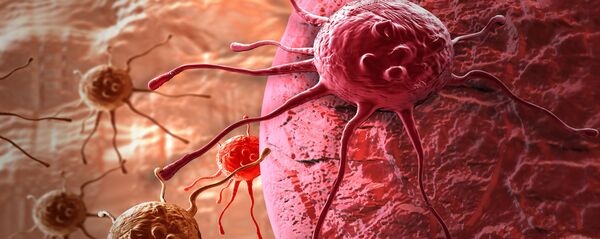According to industry guidelines published earlier in 2018 year by the British Hospitality Association, overcooked bread must not be served to the public and should be thrown in the rubbish to reduce a chemical called acrylamide — thought to increase an individual's risk of contracting cancer if eaten over a long period of time — forming.
The Food Standards Agency suggests people can lower their risk of cancer by avoiding eating over-brown roast potatoes, chips, root vegetables and cereal-based foods like bread — the darker the food, the higher the risk.
"We are firmly of the view we waste too much food, so we do have some support for the idea of selling well-fired bread, which has perhaps been accidentally burned and would otherwise be wasted. But that said, if you are going to buy the well-done bread, there is some simple advice which you should use, which is don't consume the outside crust because of the risk of acrylamide risk. If Sainsbury's are going to sell these loaves they should really come with a health warning telling people to cut the top off," said Tony Lewis, Head of Policy at The Chartered Institute of Environmental Health.
'Well fired'
— Nicola (@pemlife) November 8, 2018
Burnt. The bread is burnt! pic.twitter.com/unsfVHDmWj
In 2017, a European Union food hygiene directive compelled companies to take reasonable steps to stop selling burned bread and potatoes or face penalties — although Sainsbury's claims despite well-fired loaves' colour, their acrylamide levels are "well within FSA benchmark levels".
Hot Air?
The International Agency for Research on Cancer, part of the World Health Organization, classifies acrylamide as a "probable human carcinogen" based on the findings of a 1994 study. The FSA bases its claims on these findings, stating acrylamide "has the potential to cause cancer in humans."
"Cancer Research UK state there is no strong evidence linking acrylamide and cancer, but that's not for want of trying. A 2015 report from the European Food Standards Agency lists 16 studies and 36 publications, but concludes acrilyamide was not associated with an increased risk of most common cancers, including respiratory tract, breast, prostate and bladder cancer. Remember, each study is testing an association with a long list of cancers, so using the standard criteria for statistical significance, we would expect 1 in 20 of these associations to be positive by chance alone," Sir David said.
Moreover, while EFSA studies state 1.1 kilograms of acrylamide per day was a 'high' dose, 97.5 percent of people consume less than this — and those consuming 'high' doses of acrylamide could consume 160 times as much and still only be at a level toxicologists think unlikely to cause increased tumours in mice.




